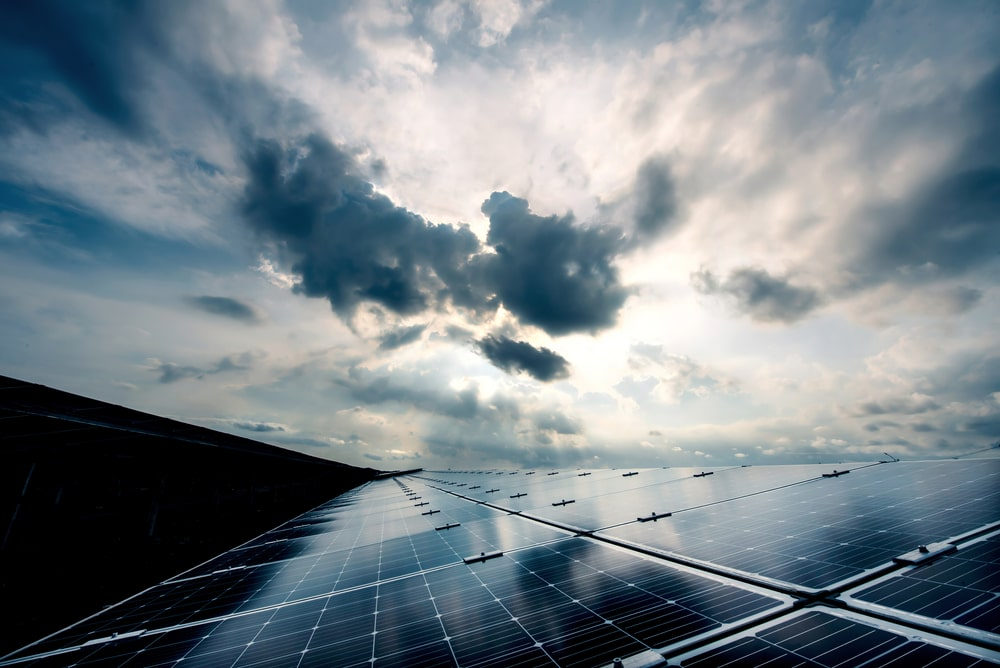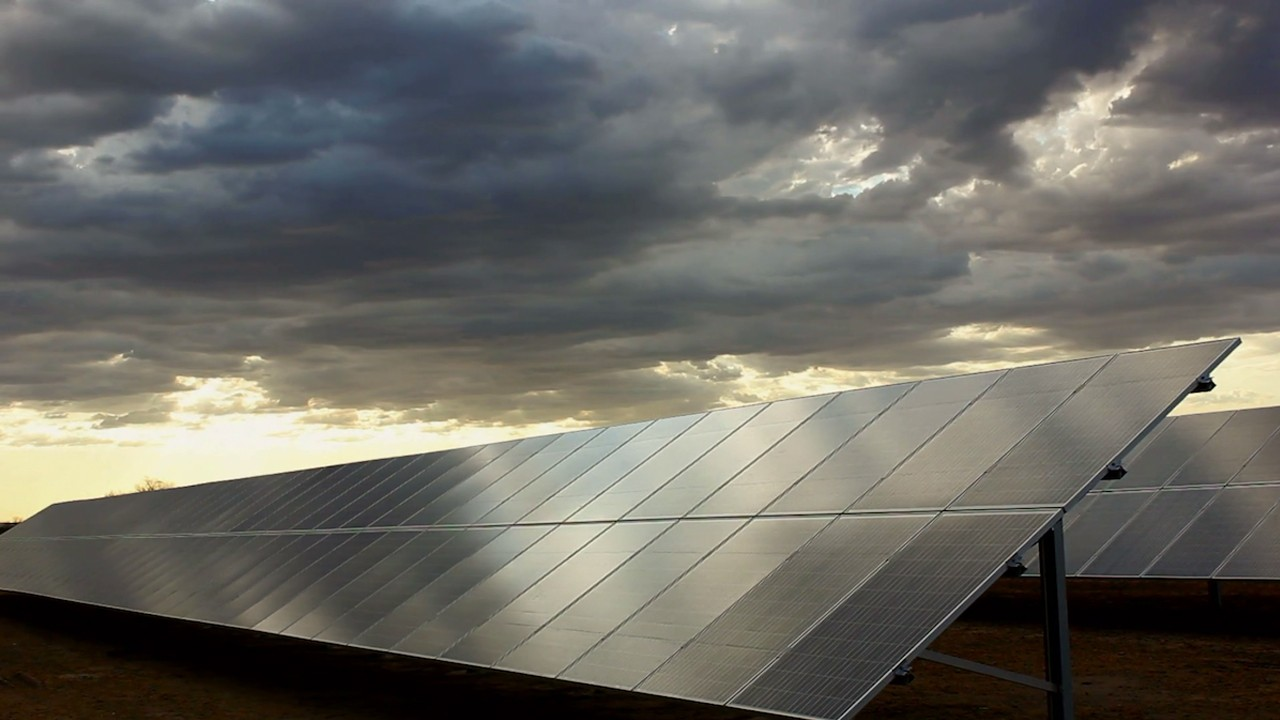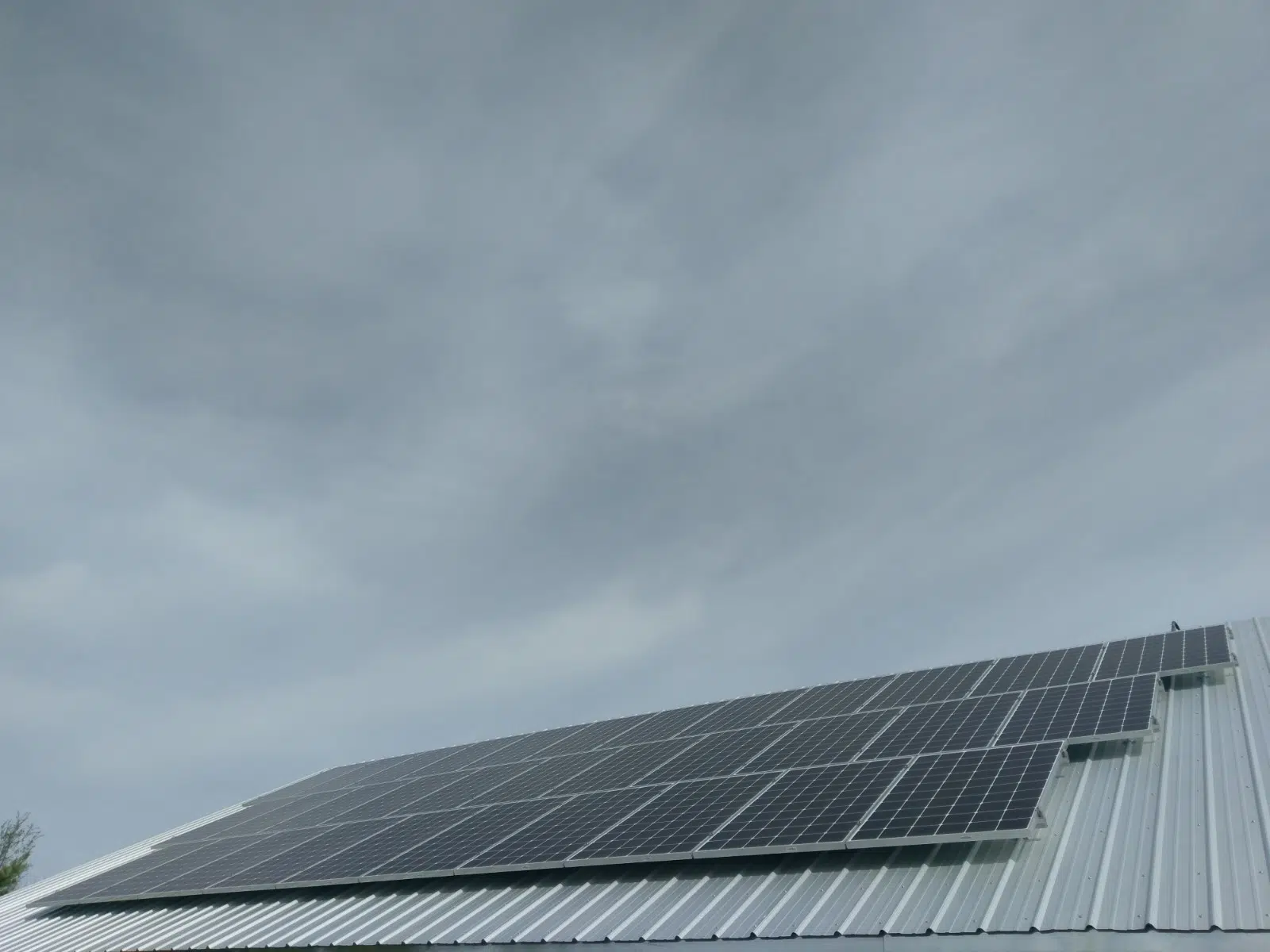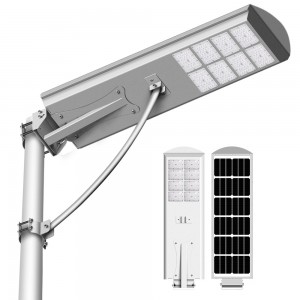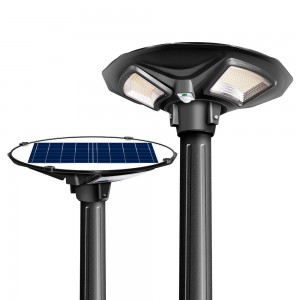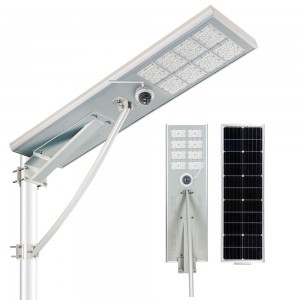Do solar panels charge under the rain?
Solar panels can still generate electricity in rainy weather, but their effectiveness will be somewhat affected. Under rainy weather conditions, the voltage of the solar panels will be reduced, and the generation efficiency of the panels will also be reduced. Specifically, when the rain is not too heavy, the PV plant can still work, but the amount of power generated will be slightly reduced; while when the rain is heavy, the amount of power generated by the PV cells will be significantly reduced because the rain will block some of the sunlight and reduce the light intensity.
It is a common misconception that solar panels are unable to generate electricity in cloudy conditions. In fact, they can still produce electricity in cloudy areas, although the output will be less than in direct sunlight. Solar panels are capable of functioning on cloudy days; however, their efficacy is diminished in comparison to their performance on days with optimal solar irradiance. It is reasonable to anticipate a reduction in output of between 10 and 25 percent, with the precise figure depending on the thickness of the cloud cover. It is reasonable to expect a reduction in output of between 10 and 25 percent, depending on the thickness of the cloud cover.
Solar panel of BOSUN Solar
This LED solar-powered street light is equipped with a grade-A high-efficiency solar panel, which has a charging rate exceeding 23%, thereby facilitating the generation of electricity. BOSUN® Lighting is committed to the development of an all-in-one LED solar-powered street light with an extended lifespan, with the objective of reducing installation and maintenance costs over time. The principal advantage of solar-powered street lights is their superior efficiency, which enables them to absorb and convert a greater quantity of sunlight into electricity in comparison to generic solar panels.
The amount of electricity generated by solar panels is significantly lower.
The reasons are as follows:
1. Light weakening: Clouds on rainy days block direct sunlight, resulting in a significant reduction in the intensity of light received by the solar panel.
2. Water film effect: The water film formed by rainwater on the surface of the solar panels reduces the transmittance of light, further reducing the amount of power generated.
3. Scattered Light Utilization: Despite this, solar panels can still utilize scattered light (sunlight reflected by clouds) to generate electricity, just at a lower efficiency.
To summarize, solar panels can generate electricity when it rains, but the amount of power generated will be greatly affected. To maximize the use of solar energy, the following measures can be taken:
● Keep the surface of the solar panels clean and regularly clean up dust and dirt.
● Store more electricity for rainy days when the sun is stronger.
● Consider using efficient energy storage devices, such as high-capacity batteries or energy storage systems.
FAQs about cleaning solar panels to optimize the efficiency on rainy days
Do I need to clean my solar panels after a rainy day?
While rain can naturally wash away some dust and debris from solar panels, a light cleaning may still be necessary if there are stubborn residues, bird droppings, or dirt left behind after rainfall, especially in areas with high pollution or frequent dust storms.
What is the best time to clean solar panels?
The best time to clean your panels is early in the morning or late in the afternoon when the temperature is cooler. Cleaning them when they’re during midday sun, it will cause water to evaporate quickly, leaving streaks or residue behind.
How can I clean solar panels safely?
Use a soft brush, microfiber cloth, or a sponge with mild soapy water to gently clean the panels. Avoid using abrasive materials or harsh chemicals that could damage the surface of the panels. If necessary, hire a professional to ensure safe cleaning.
Will cleaning my solar panels after rain improve efficiency?
Yes, removing any remaining dirt, bird droppings, or debris after rain can help maximize sunlight absorption, improving the efficiency of your solar panels. Even a small layer of dust can reduce the panel’s ability to generate energy by up to 20%.
Post time: Nov-28-2024
